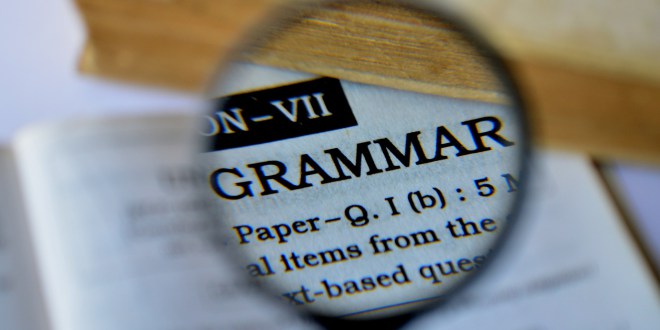A pronoun is a word that can take the place of a noun in a sentence which means pronouns can work as subjects, objects, and complements. Pronouns come in different forms and are used for different purposes.
Pronouns can be personal, indefinite, reflexive and intensive, demonstrative, relative, possessive, and interrogative. For this post, we’ll focus on personal pronouns.
Compared to nouns that can be descriptive on their own and especially with an added adjective, pronouns might seem bland. Without them, however, sentences would be boring, awkward, and maybe a tad silly. Take a look at the following sentences.
With pronouns: Anna designed the pattern, cut it out, fitted it to her mom, and sewed it.
Without pronouns: Anna designed the pattern, cut out the pattern, fitted the pattern to Anna’s mom, and sewed the pattern.
Personal pronouns refer to one or more people and are classified according to case: subjective, objective, or possessive.
Subjective Case Objective Case Possessive Case
I We Me Us My, Mine Ours
You You You You Your, Yours Your, Yours
He, She, It They Him, Her, It Them His, Her, Hers, Its Their, Theirs
*Remember that subjective case pronouns are used as subjects or subject complements. Objective case pronouns are used as indirect objects, direct objects, and objects of prepositions. (They can also be subjects or objects of infinitives, but that’s a subject for a future post.)
*Remember to make certain that pronouns refer clearly to their antecedents, the word they’re replacing. Keep them as close as possible to the antecedent.
*Remember to make pronouns agree in number with the antecedents.
Check out this earlier post for more information about pronoun usage and agreement https://www.almostanauthor.com/choose-correct-pronoun/.
Do you have questions about pronouns?
Happy writing!






No Comments